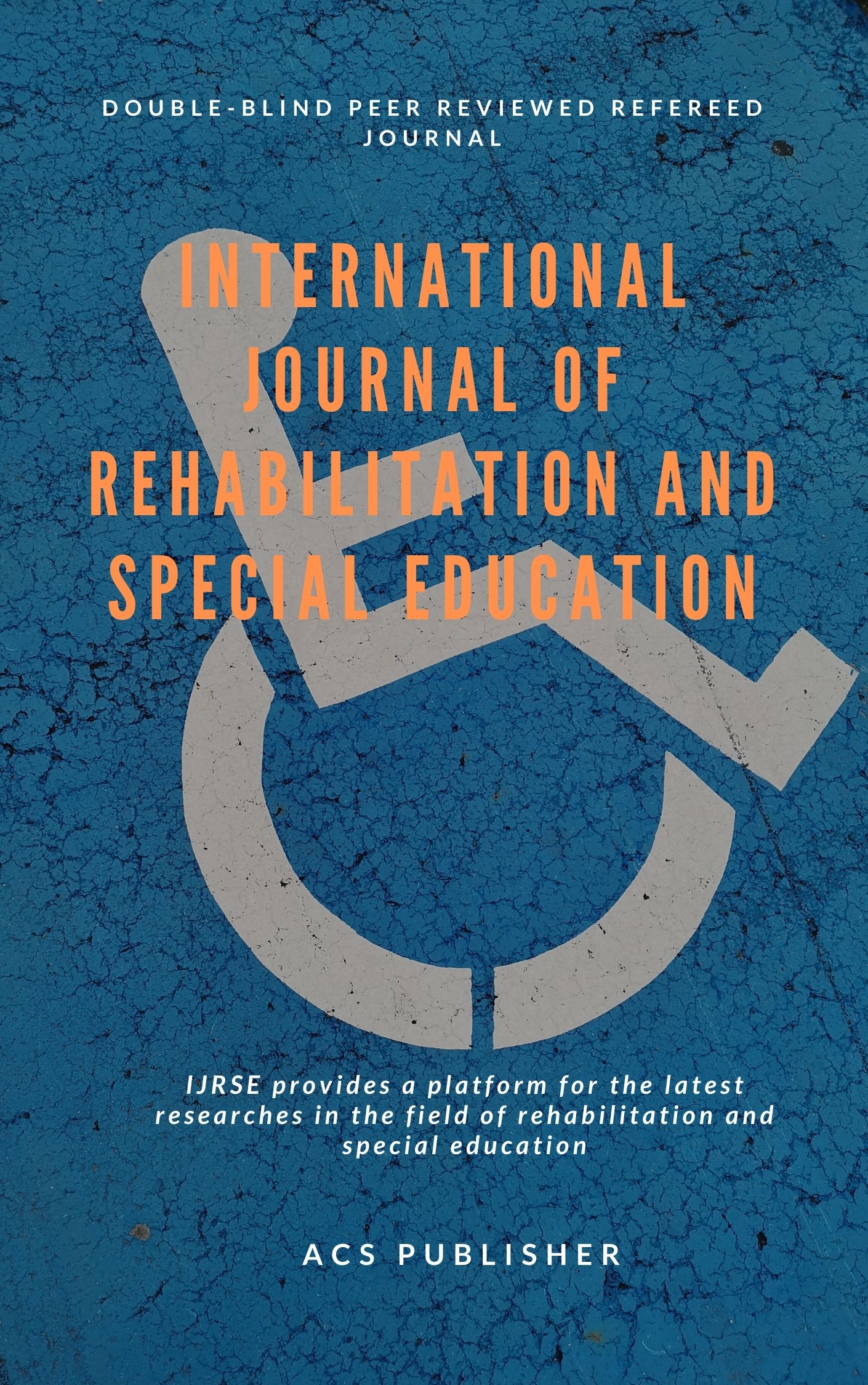Self-Efficacy Of Teachers In Special Education
DOI:
https://doi.org/10.48165/IJRSE.2021.1102%20Keywords:
Self-Efficacy, Students with Special Needs, Teaching CompetenciesAbstract
Self-efficacy is one’s belief or perception about one’s professional traits. Likewise, a teacher’s efficacy is a teacher’s belief about his competencies required to develop desirable change in learner’s behavior. Studies have identified teacher efficacy as one of the distinct variables that potentially can differentiate among teachers and corresponding work behaviors. Teaching children with special needs demands some exceptional traits and skills on the part of the teacher when compared to a teacher of regular education system. A special education teacher is a professional responsible for providing educational support and intervention for students with exceptional needs. The study aims to identify the self efficacy of teachers serving in schools for children with hearing impairment in special education institutions through a descriptive research i.e. cross sectional survey. Identified variables of self efficacy were planning, instruction, class management and evaluation. Other objectives were to identify relationship of self efficacy with educational qualification of teachers, gender, age and respective experiences. The population comprised teachers of Sp. Ed. schools in district Punjab. Purposive, random convenient sampling technique was used to select 100 teachers as a sample. The tool comprised a questionnaire with 30 items duly validated and piloted before formal data collection. Findings include a higher level of self efficacy among teachers in the domains of planning, instruction, class management and evaluation. A strong relationship has been identified among self efficacy of teachers, their respective age, gender, qualification and experience.

